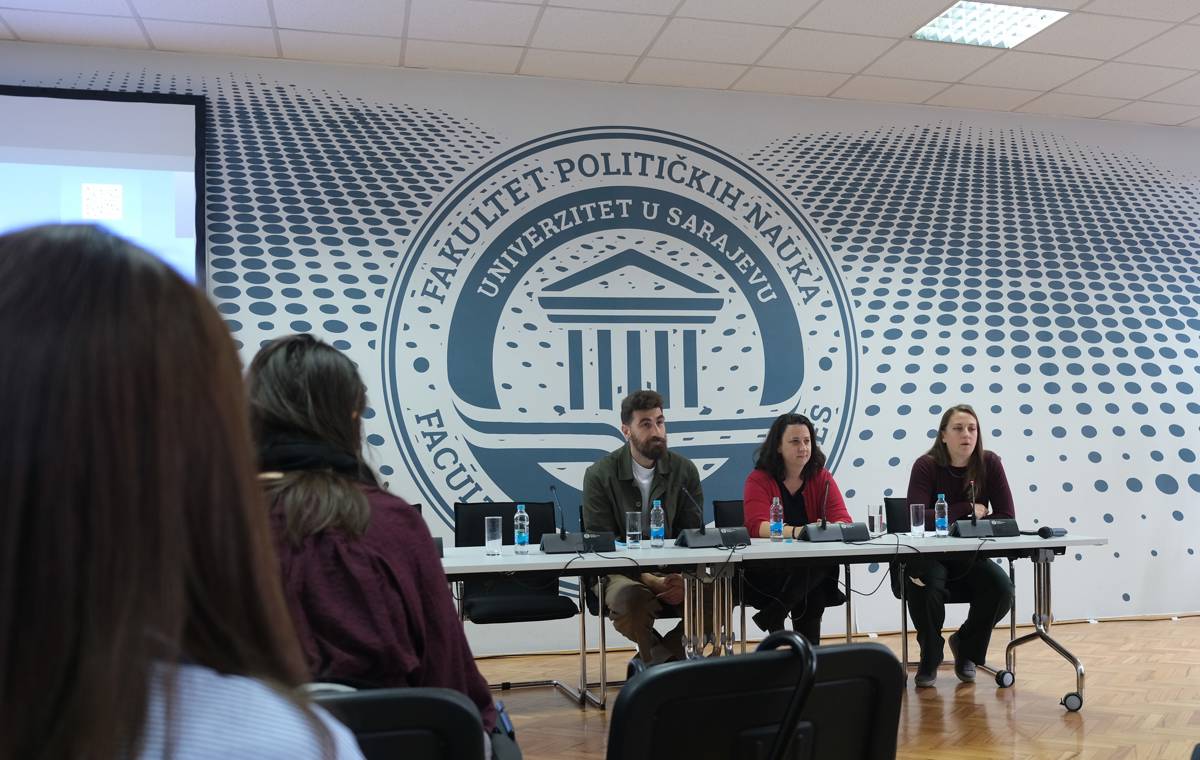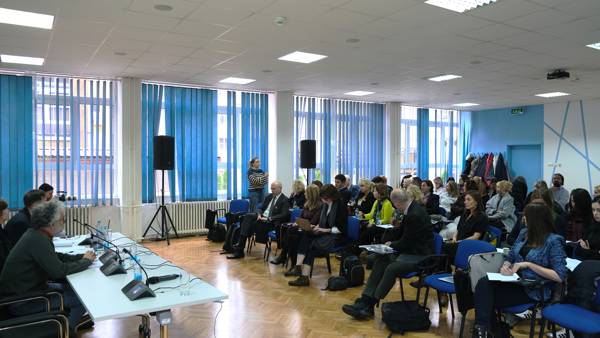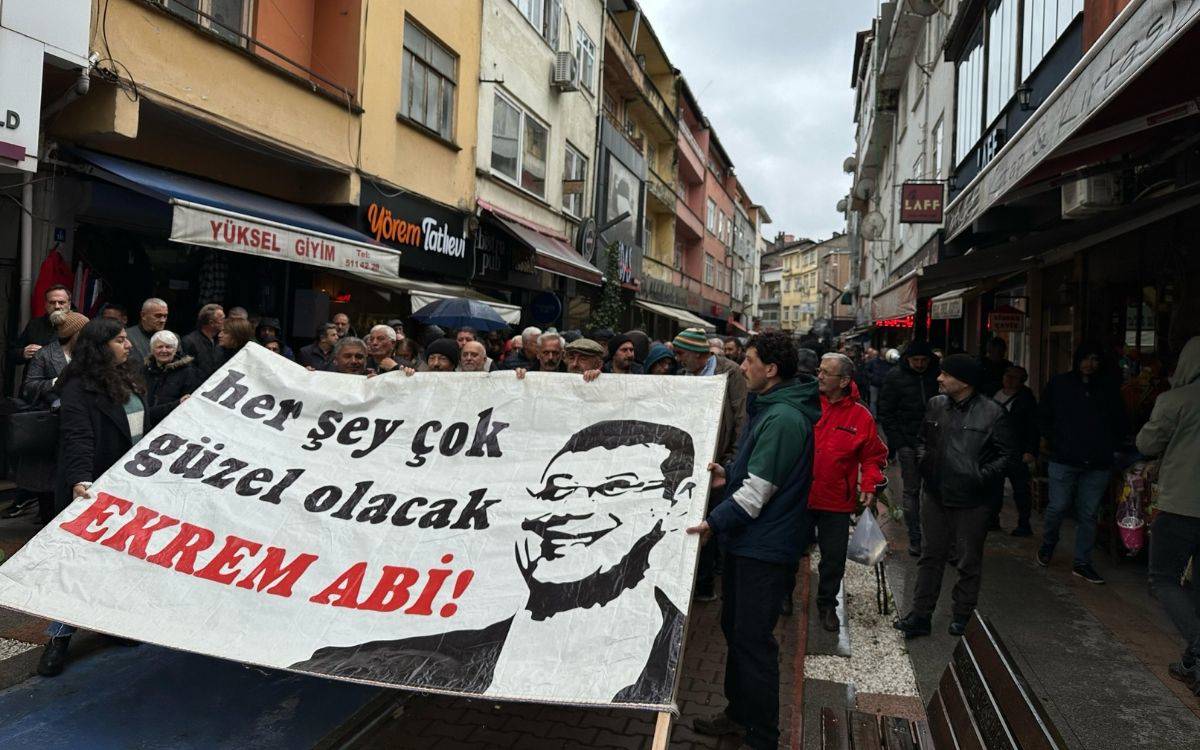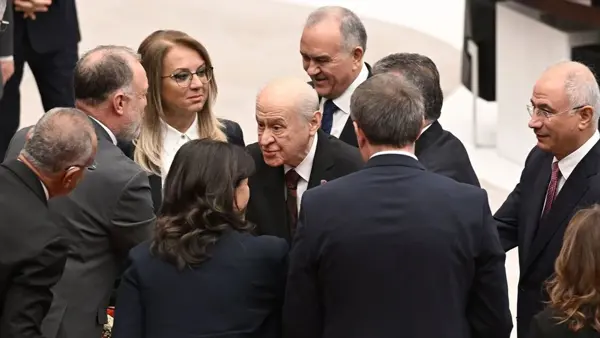After months of steady depreciation, a massive fluctuation in the Turkish lira within a week resulted in a lot of money changing hands.
In the week before last, when the lira had already slid to about 13.5 to the US dollar, President Recep Tayyip Erdoğan reiterated his inflation-interest rate theory every other day, which led the lira to plunge further to 18.45 to the dollar on Monday.
But when the president on that night unveiled a new system in which the Treasury compensates lira depositors for foreign currency fluctuations, the lira's rapid recovery began. By the end of Friday, the currency had gained 44 percent in value.
"Backdoor sales"
Not only the new tool itself but also the Central Bank's "backdoor interventions" amounting to about 7 billion dollars apparently boosted the lira's appreciation, according to calculations based on the bank's figures.
In this method, the Central Bank does not directly intervene by selling hard currencies, but pumps foreign currency into the market through state-owned banks. The opposition accuses the government of wasting 128 billion dollars with this method over the past couple of years.
During a live interview on NTV on Thursday, Minister of Finance and Treasury Nureddin Nebati implicitly admitted "backdoor sales," saying that "Turkey uses all instruments it needs."
Moreover, despite being the primary goal of the new tool, the amount of foreign currency deposits have hardly changed since Monday, according to the Banking Regulatory and Supervision Agency (BDDK).
Small investors
All in all, it was small investors who paid the price for a week of massive fluctuations, as Minister Nebati admitted.
"It wasn't the major financiers who bought dollars for 15, 16 or 17 liras. They knew things would turn around somehow," he told NTV on Thursday. "But who was conned? The small investors... They're brooding over it now."
He blamed the opposition for encouraging people to convert their savings into hard currencies despite an "artificial" depreciation of the lira as "there was no problem in macroeconomic indicators."
"It was a trap"
According to the opposition, however, what happened on December 20 night was a fraud to enrich government cronies.
At a press conference yesterday, CHP Spokesperson Faik Öztrak said, the public was "trapped" while those who get inside information made a lot of money.
"What was the reason for the sudden decrease in exchange rates while the people hadn't even understood what the foreign currency-indexed deposits announced by Erdoğan was?" he questioned.
"It is against the natural flow of life for real persons to sell foreign currency in such a large amount at midnight ... Indeed, it was understood after the Central Bank's daily analytic balance sheet was announced that there was a planned foreign exchange selling operation carried out by the state," Öztrak remarked.
"The Central Bank has been robbed. Those who knew of the operation have made a lot of money. The rest have lost their money and assets," main opposition Republican People's Party (CHP) deputy Deniz Yavuzyılmaz said on Twitter yesterday.
Implications in politics
The political aspect of Erdoğan's move is what really matters, according to some observers, both pro-government and otherwise.
The government and its favored media outlets portrayed the lira's rapid recovery as a victory in what they call "the economic war of independence."
"We achieved financial stability in three days with our president's manifesto," Nebati said in Thursday's interview with NTV. He asserted that the government proved those who were calling for an interest rate hike wrong by increasing the value of the lira "by our own means."
Hasan Basri Yalçın, a columnist for pro-government daily Sabah, wrote that Monday night's events shattered the opposition's last hopes that economic pressures would topple Erdoğan.
"They hadn't been able to topple Erdoğan ... but they had believed so much that he would be defeated by the markets. This didn't happen, either," he wrote.
Yusuf Kaplan, a columnist for daily Yeni Şafak, wrote that Erdoğan, with his "manifesto" on Monday night, foiled an "economic coup attempt." But the government should be prepared for what's next, according to Kaplan.
Snap elections ahead?
According to some others, Erdoğan's move might be a sign of early elections. Over the past few months, the president has firmly dismissed the opposition's calls for snap elections.
In an article for bianet, economist Bülent Danışoğlu wrote that the government could not afford to compensate for the difference between interest rates and the change in foreign exchange rates for too long, hence the possibility of an election in the fall increased very much.
There are three ways the state can compensate for the difference, namely increasing taxes, borrowing money and printing money, all of which would have high costs for the government, he argued.
"It's like being caught between a rock and a hard place ... It is clear that the government cannot spend another winter with these policies ... The possibility of an election in the fall has increased very much," wrote Danışoğlu.
İbrahim Kahveci, the head of Karar newspaper's economy desk, is of the same opinion.
"We gave foreign exchange indexed-deposit guarantees and the exchange rates dropped. But the interest rates, which we really aimed to decrease, did not decrease," he wrote.
"A budget deficit risk awaits us. Or let's call it an inflation risk ... How can we move further with foreign exchange pressure and a budget deficit? This question leads us to elections ... This policy choice cannot bring our country until the end of 2022."
Mehmet Ali Kulat, the head of the MAK polling company, said the primary function of the "well prepared" foreign exchange move was to create a success story for President Erdoğan.
"The most distinct characteristic of Mr. President is that he competes in every election with a story of success," he told KRT TV.
"Looking at all social media posts and comments by journalists close to the government, I think that Mr. President is preparing to present himself to the public with a new success story where he won a victory against in the economy againt foreign powers, whose intervention had spiked the dollar."
Three refugees burned to death
At around 4 a.m. on November 16, a fire broke out in the dormitory of a stone factory in Güzelbahçe, İzmir, in western Turkey. Three refugees from Syria, Mamoun Al-Nabhan (23), Ahmed Al-Ali (21) and Muhammed al-Bish (17), lost their lives in the fire.
In a preliminary report, the İzmir Fire Department stated that the fire might have broken out after the electric heater in the room, which it said was found to be plugged in and working, ignited nearby beds.
Weeks later, it was revealed that the incident was an arson attack. The revelation came not as a result of a police investigation but after the assailant confessed he had carried out an arson attack on the refugees' room.

The assailant, Kemal K. (40), was nabbed for stabbing, battering and robbing a couple at their home in Güzelbahçe. He confessed the attack on the refugees in his police statement.
Three months before the attack, a note was left in a cigarette pack in his car, the assailant claimed in his statement.
"The note read, 'Your mission continues.' Later, I found a second note. 'Start your mission,' it read. In the third note I found, it was written, 'Start your mission, start the elimination'," he said. "And I thought I should eliminate the Syrians. There was gasoline in a 5-liter water canister in the back of my car.
"Because I work in orchard jobs, I use a chainsaw. I took this gasoline canister and put it in a sack. I entered the mosque near the [factory]. I wore a jacket in order not to be recognized. I put it in the mosque's toilet.
"I left [the mosque] without the jacket and with the canister and went to the room where three people were staying. I knew the doors were not locked. Three people were sleeping inside.
"I poured the gasoline in the canister into the room. I closed the door and lit a piece of rag. I left there. I took the jacket in the mosque, put everything in the sack and threw it in a garbage bin. Then I returned to the [factory] as if nothing happened."
Kemal K. was remanded in custody for injury, robbery, and murder.
Did the police know of the attack beforehand?
Three opposition MPs filed parliamentary questions about the incident.
Democracy and Progress (DEVA) Party MP Mustafa Yeneroğlu asked Minister of Interior Süleyman Soylu about the claims that the police had been informed before the attack as the assailant told a friend about his plans to kill the refugees.
He also mentioned the reports that members of the Human Rights Association (İHD) İzmir Branch and the families of the refugees who lost their lives were warned by the police to remain silent.
Peoples' Democratic Party (HDP) deputy Filiz Kerestecioğlu asked Vice President Fuat Oktay about the claims that the assailant had previously worked for the Gendarmerie Intelligence Counterterrorism (JİTEM), a shady organization accused of many extrajudicial killings in the 1990s.
HDP's Ömer Faruk Gergerlioğlu also submitted a parliamentary question, asking Minister Soylu whether some politicians' anti-refugee rhetoric might have encouraged the assailant.
Below the fold
| HUMAN RIGHTS |
Acquittal of eight accused of summary executions in Diyarbakır upheld
Another case concerning JİTEM, a shady organization accused of carrying out many extrajudicial killings during the conflict in the country's Kurdish regions in the 1990s, ended in impunity
'Good boys' who carried out Hakkari bookshop bombing acquitted
The two non-commissioned officers who the then chief of general staff called "good boys" were acquitted despite being sentenced 39 years in prison twice before while the prosecutor of the case was expelled from the profession ahead of the final hearing
Letter from prison: 'Garibe Gezer was killed, they want to cover it up'
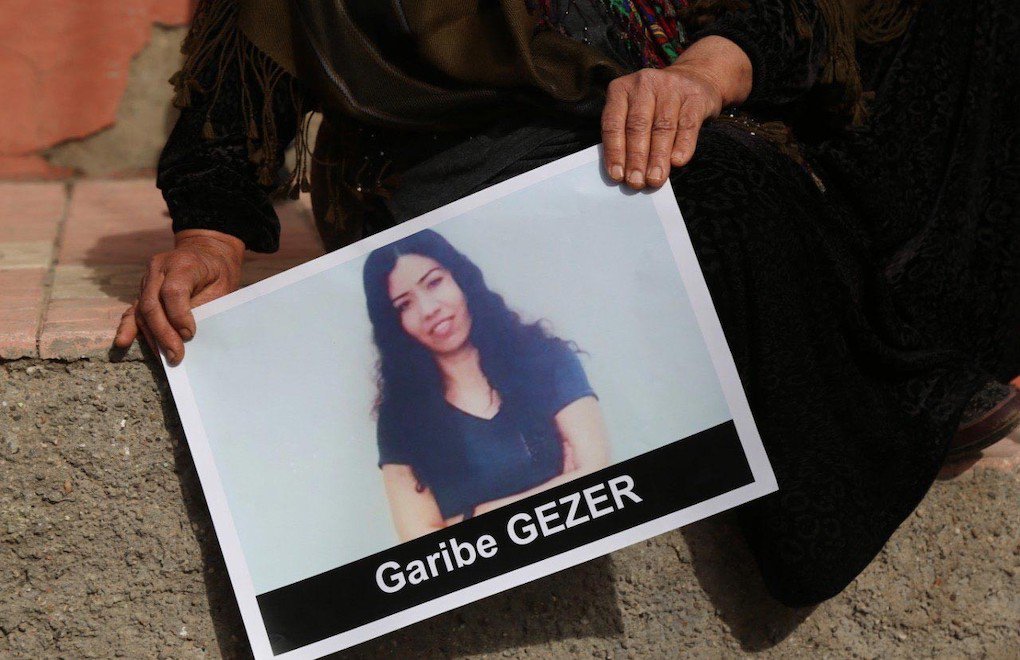
Prisoner Garibe Gezer died suspiciously after claiming that she had been systematically tortured and sexually assaulted. The cause of her death was announced as suicide
'We're seeking justice, not begging to anyone'
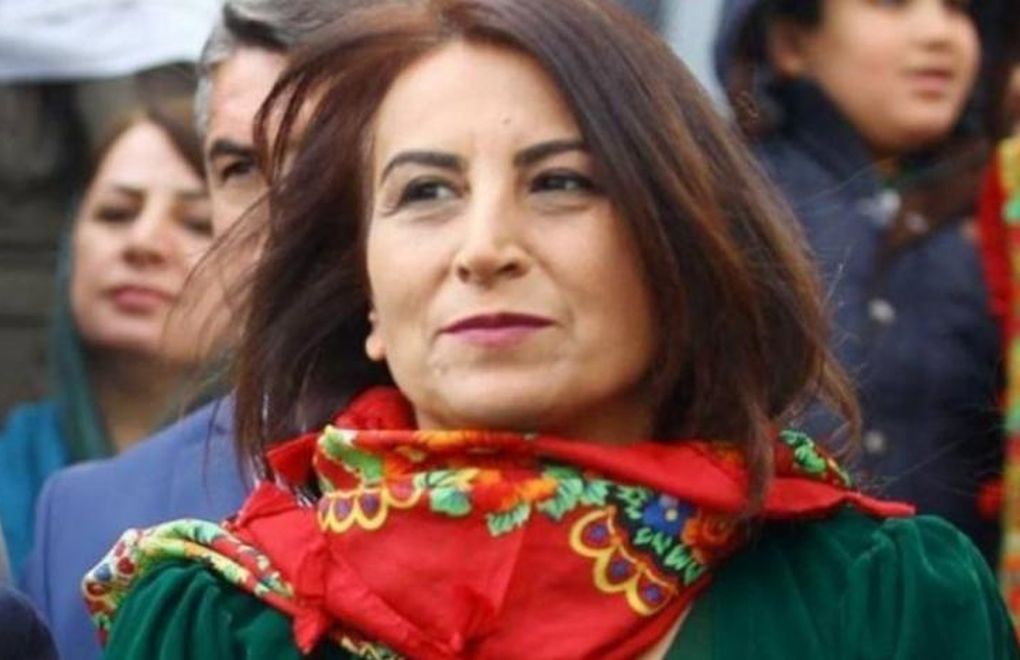
Diagnosed with dementia, Kurdish politician Aysel Tuğluk is still kept in prison despite her deteriorating condition. "My sister always stopped us from talking about her situation. She didn't want to be talked about like this," her brother told bianet.
Police officer given 25-year prison sentence for killing refugee
Video footage refuted the officer's claim that he pulled the trigger "by accident." The defendant should have been sentenced to aggravated life sentence given the circumstances, the plaintiff attorney said
Metin Lokumcu case: 'We used enough tear gas'
Teacher Metin Lokumcu was among the crowd who protested then PM Recep Tayyip Erdoğan during a visit in Artvin in 2011. Affected by the tear gas used by police, he had a heart attack and lost his life
'The entire country is a crime scene'
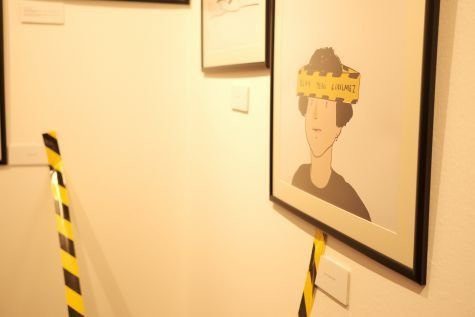
Aslı Alpar's new exhibition entitled "Crime Scene" focuses on rights violations in the two-decade rule of Erdoğan's AKP. "The idea of not being able to find a trace in the crime scene when this crime somehow ends, in other words, when the rule of the AKP ends, scares me," says the artist
Prisoner with cancer not released despite five different reports
Yusuf Özmen was arrested in February 2018 despite having cancer. Ignoring reports from five different hospitals, the Forensic Medicine Institute says he can continue to stay in prison
| FREEDOM OF EXPRESSION |
Ministry appeals ruling halting ban on filming police officers
In a controversial order, the Ministry of Interior had banned filming police officers during demonstrations and similar events. The Council of State, the top administrative court of the country, halted the ban
22 union journalists of Hürriyet to be reinstated
The newspaper had fired the journalists to prevent the authorization of the Journalists' Union of Turkey, the court concluded. It ordered the newspaper to reinstate the journalists and compensate the losses caused by their dismissal
Eighteen journalists acquitted in 'Özgür Gündem raid' case
Journalists were charged with "preventing public officials from performing their duties" in the case filed after a 2016 raid on the now-shuttered newspaper
| WOMEN&LGBTI+ |
Nevin Yıldırım's life sentence upheld
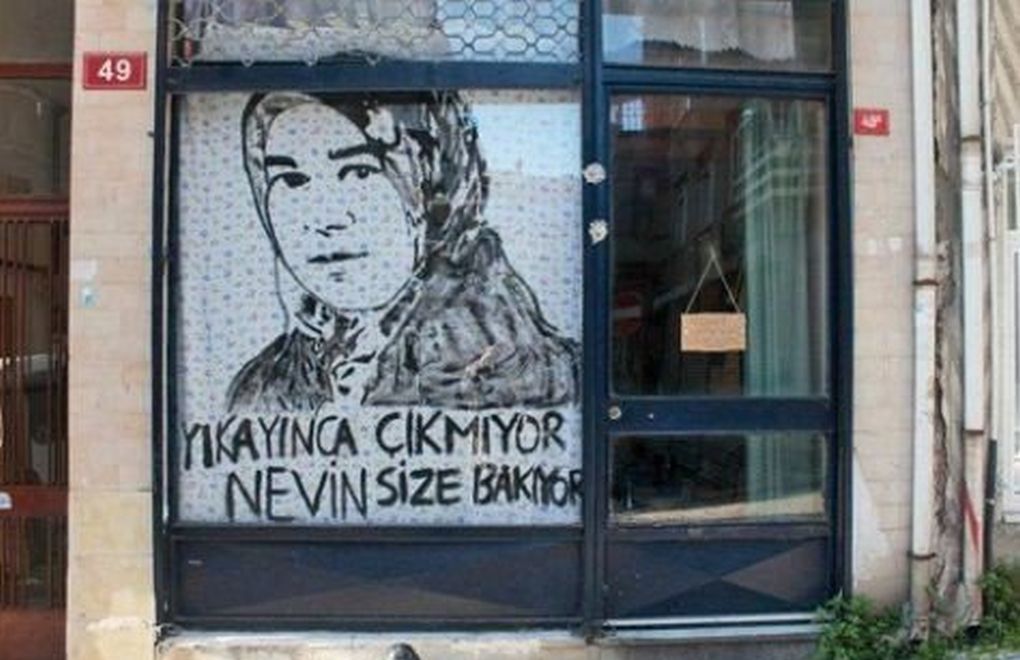
The Court of Cassation upheld the conviction of Nevin Yıldırım, who had killed the man who sexually assaulted her systematically. After the killing, she had decapitated the man and thrown his had to the village square
| ENVIRONMENT |
2021 was the driest year in two decades in Turkey
The drought was especially severe in the eastern and southeastern parts of the country, affecting agriculture and animal husbandry, according to a new report by the State Meteorological Service
| CORONAVIRUS |
Turkey's domestic Covid vaccine gets emergency approval
The common use of the Turkovac vaccine is expected to begin soon, according to the Ministry of Health
| CITY |
Historic beer factory not to be allocated to Religious Affairs Presidency
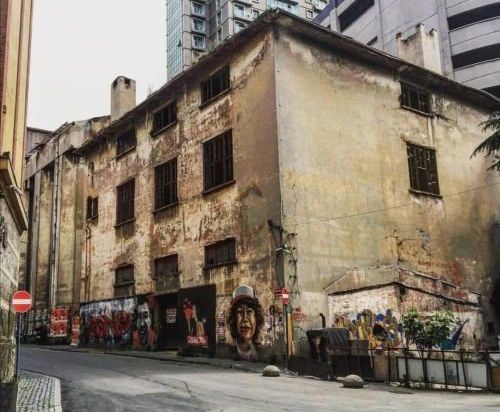
An İstanbul court canceled the allocation of the warehouses of the Bomonti Beer Factory, which were demolished for the construction of "a small mosque, dorm, exhibition hall and car park"
| MIGRATION |
EU unveils 560 million Euro funding for refugees in Turkey
The European Commission has adopted two financing decisions, amounting to 560 million Euro, to support the education of refugees in Turkey and ensure their access to higher education and for migration and border protection
| LABOR |
Mine collapses after firedamp explosion in İzmir
Forty-five workers who were affected by the smoke were hospitalized. The company had been previously warned about high levels of methane in the mine, said a union
(VK)




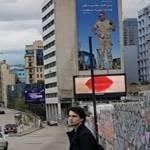


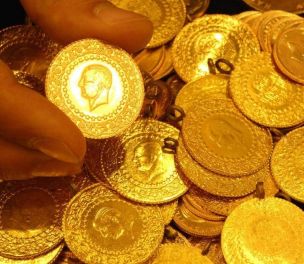
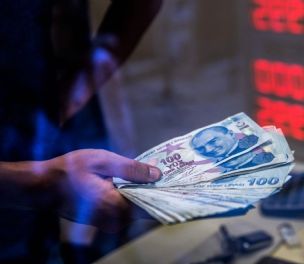
sa.jpg)
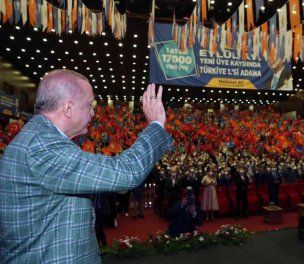
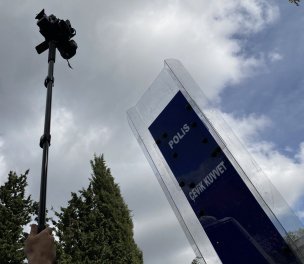
sa.jpg)
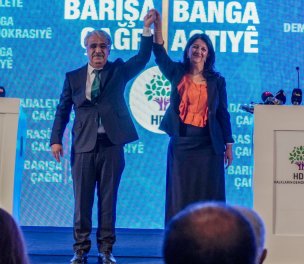
as.jpg)
